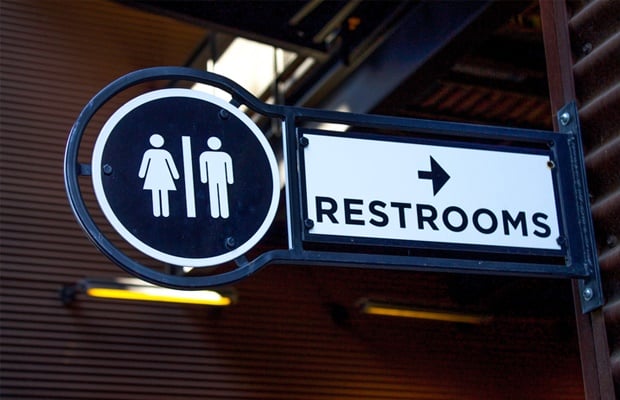Cramps, diarrhoea, gas, bloating… You don’t want to be stuck on a 12-hour plane trip or driving through Namibia when IBS symptoms strike.
Although IBS can be unpredictable, it doesn’t mean you can’t travel. Here are six simple tips to help you get through your next trip.
1. Know your symptoms
IBS shouldn’t stop from travelling. Being prepared can help you reduce your risk of feeling sick, gastroenterologist Dr Brian Kirsh says on Cleveland Clinic. IBS symptoms differ from person to person – some people suffer from cramping, while others have excessive gas, constipation or diarrhoea. Dr Kirsh says you should know how to identify your unique symptoms so that you’re prepared if an attack hits.
2. Pack your own food
You know your body so you will probably know what triggers your IBS symptoms. If you have IBS, steer clear of fast food. If you’re flying, pack your own food and snacks for the trip, and avoid eating the food served on the plane.
Digestive health coach Jen Broyles, who suffers from IBS, shares this advice on her website: “By packing your own food you can make sure you’re avoiding inflammatory ingredients like gluten, dairy, soy, and industrial seed oils that can wreak havoc on your GI system.”

3. Be prepared for an attack
Although an IBS flare-up can happen at any time, there are a few things you can do to prepare. If diarrhoea is one of your symptoms, always carry Imodium; and pack laxatives if constipation is a problem. Wherever you find yourself, make it a priority to locate the nearest bathroom in case you need to go suddenly. When you’re flying, always book the aisle seat so you can get up quickly without having to climb over other passengers. You can also ask for a seat near the bathroom.

4. Keep moving
Sitting for too long can worsen your symptoms, causing more bloating and constipation. Broyles suggests walking around while you wait for your flight. Make sure you get up and stretch your legs as often as you can during the flight. If you’re driving, take regular breaks and make sure you walk around a bit at each pit stop.
5. Find ways to relax
Although stress will not cause IBS, it can make your symptoms worse. “Any stress can throw off your gastrointestinal tract. There is definitely a brain-gut connection,” says Dr Kirsh. “The gastrointestinal tract is more connected to the brain than any other organ system.” Meditation, deep breathing, exercise or even just listening to your favourite music can help.

6. Don’t experiment with new foods
You probably know which foods or drinks make your symptoms worse – avoid those while you’re on holiday. The International Foundation for Functional Gastrointestinal Disorders warns that fried food or food high in fat can aggravate IBS symptoms, much like coffee, caffeine or alcohol. When eating out in restaurants, order foods you are familiar and comfortable with – this is not the time to experiment with new foods.

All images provided by iStock.



